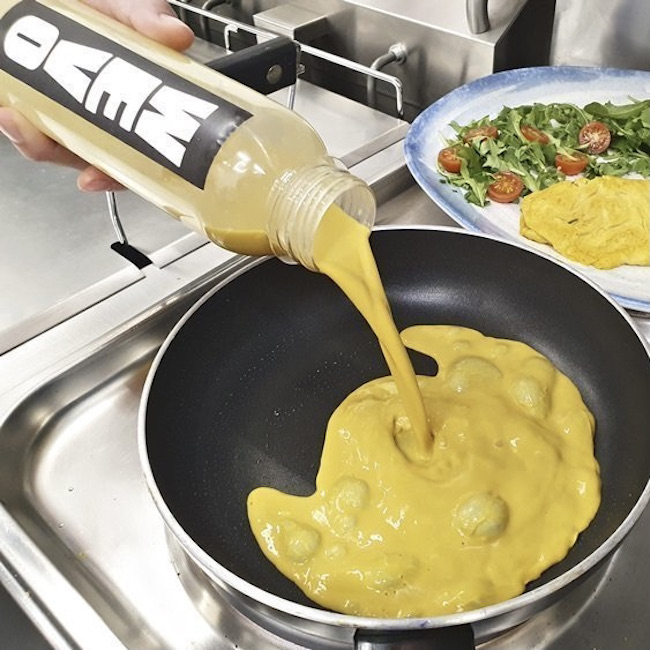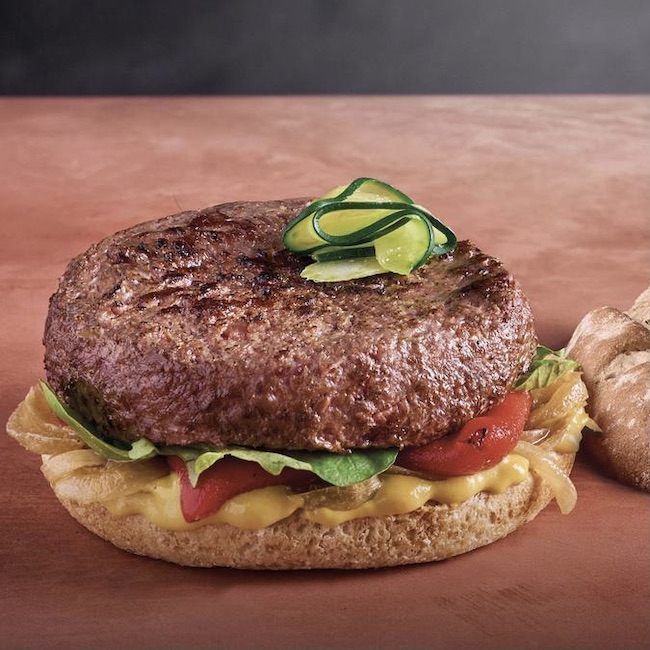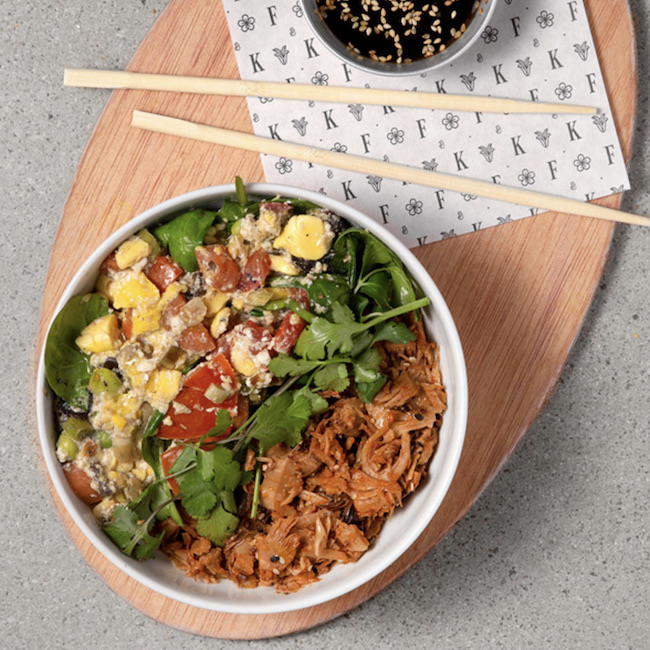Other players backing CPGs through open innovation
In our rapidly changing world, with pressing environmental concerns, the food industry faces significant challenges. The necessity of adopting sustainable practices is undeniable. In response, Pascual Innoventures, the Corporate Venture arm of the renowned Spanish dairy and beverage manufacturer, Pascual, has partnered with the leading Foodtech accelerator, Eatable Adventures, to launch Mylkcubator: More Than Mylk. This pioneering program is the world's first dedicated to advancing cellular agriculture and fermentation technologies in the realm of alternative food production and CPG offering in the market. The third edition of Mylkcubator broadens its focus to explore technologies aligned with Pascual's strategic areas of interest, with the aim of making a more significant impact within the alternative food industry sector through collaboration with disruptive startups. The program not only concentrates on innovations for biosynthetic dairy products but also delves into emerging technologies related to Alt. Egg, Alt. Coffee, Alt. Lipids, Alt. Cocoa, Sodium & Sweetener Replacements, and Functional Ingredients. This initiative creates new opportunities for startups to introduce their innovative food products to the market, with the support and expertee of the prominent food company Pascual by their side.
The startup ecosystem fostered by Mylkcubator in its first two editions has collectively generated a value exceeding 100 million euros. These participating startups have also attracted over 12 million euros in investments since their inception, showcasing the program's success and the profound impact of collaboration between startups and the industry.
Another entity fostering open innovation in the sector is COVAP, an Agri-food Cooperative with a strong presence in the dairy, meat, and animal feed industries, encompassing all aspects of the supply chain: agriculture, animal feed, livestock, industry, and marketing. Highlighting their commitment to open innovation, they have launched GEN_, their open innovation program aimed at startups, enabling the cooperative to innovate from within by harnessing entrepreneurial talent. GEN_ addresses a range of strategic challenges currently faced by the cooperative, resolving them by combining the expertise of internal teams with external entrepreneurial talent. In its inaugural edition, the program has selected four Spanish technology and digital startups that offer solutions to the challenges of the agri-food chain in areas including Sustainability and Circular Economy, Consumer Relations, Agrotech Solutions, and New Products and Business Lines. These startups include Drops & Bubbles Technology, a project on the cultivation of microalgae for the removal of nutrients from wastewater, which enables the production of biogas and biofertilizers; Innogando, a smartwatch that enhances the profitability and control of extensive livestock farming, Cultiply, technology that reduces the cost of bacteria for silage by up to 80% while improving their quality, and Oscillum, a smart label that alerts about the quality, freshness, and safety of packaged and bulk foods. The four startups are now part of the GEN program, where they develop pilot projects within the ecosystem of the Livestock Cooperative of Valle de Los Pedroches, with the opportunity to win prizes of up to 10,000 euros.
Lastly, it's worth mentioning Areas, a global leader in managing restaurants and convenience stores at airports, train stations, and motorway travel plazas. Operating in 10 countries, Areas has launched its inaugural Startups Challenge, known as the "Areas for Change Challenge" in collaboration with Eatable Adventures. This initiative aimed to identify viable solutions to address the company's challenges for the upcoming years, as well as those of the Food & Agriculture, Beverage, and Travel Retail sectors. The focus was on three key categories: sustainability, gastronomy, and digitization. After a rigorous evaluation, only 9 outstanding startups were selected, and in the end, three winners were chosen, each representing a distinct category.

.png.transform/rendition-xs/image_image%20(1).png)








